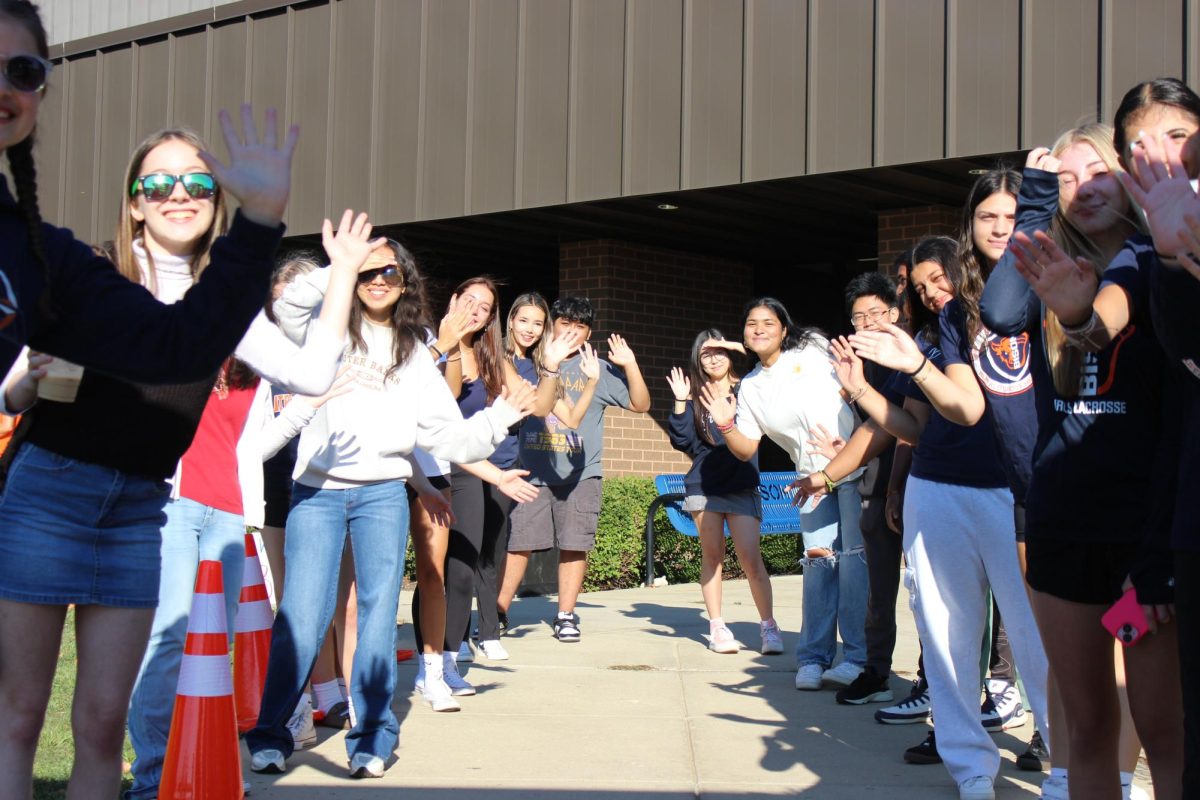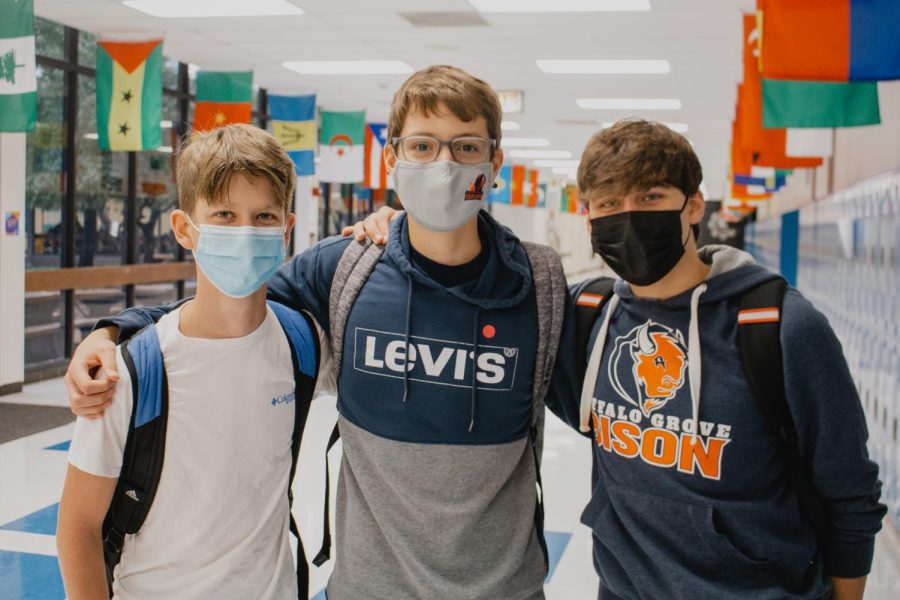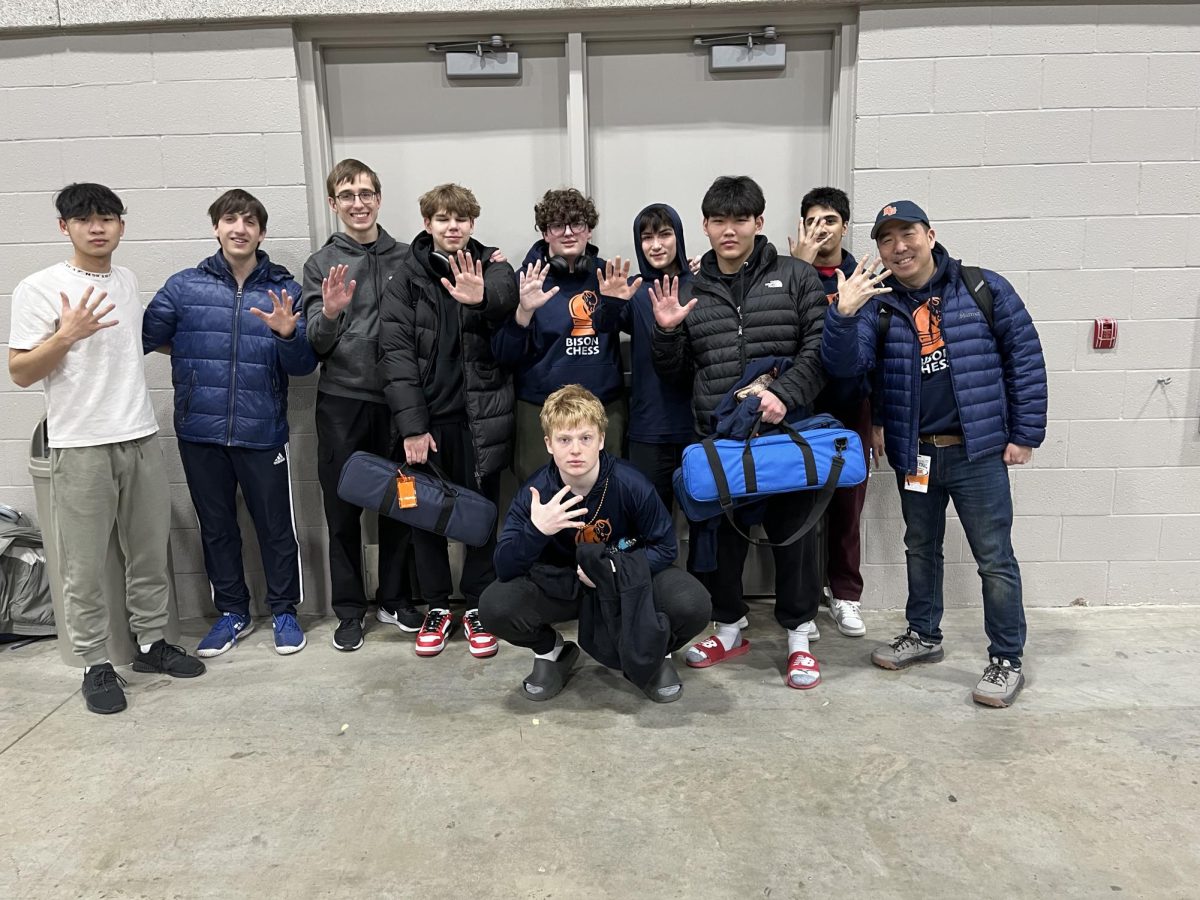NJROTC (Naval Junior Reserve Officers Training Corps) is a valuable class and extracurricular activity available to students throughout the District. Established in 1964 by Public Law, the program encompasses several schools, including Buffalo Grove, Wheeling, Elk Grove, Prospect, Hersey, and Rolling Meadows. Within this program, cadets are also known as Black Cats.
Wheeling cadets participate in Naval Science during the school day, while cadets from other schools attend “Night Class” on Wednesdays from 4:30 PM to 6:30 PM. This is followed by dinner (pizza or salad) from 6:30 PM to 7:00 PM, and concludes with drill and physical fitness from 7:00 PM to 8:30 PM.
The NJROTC program fosters essential life skills, including leadership, confidence, discipline, teamwork, and learning, ultimately preparing students to become responsible citizens (Cadet Handbook). Successful participation enhances self-confidence and life skills, cultivates new friendships and learning experiences, and significantly improves self-discipline, teamwork, maturity, and responsibility.
While NJROTC offers numerous benefits, including an exemption from physical education classes, there are also potential drawbacks to consider:
- Time Commitment: NJROTC requires significant time outside of regular school hours, which can be challenging for students balancing academics, other extracurricular activities, and personal responsibilities.
- Limited Elective Options: Participating in NJROTC may restrict students’ ability to enroll in other elective courses or pursue personal interests outside the program.
- Physical Demands: The physical training and activities involved in NJROTC can be challenging for some students, particularly those with lower fitness levels or health concerns.
- Cost: While the D214 Unit does not charge for joining the program or uniforms (which must be returned after graduation), there may be costs associated with field trips and some team activities. Fundraisers are conducted to minimize costs and ensure that no student is excluded due to financial limitations.
















